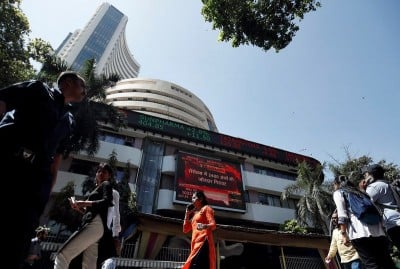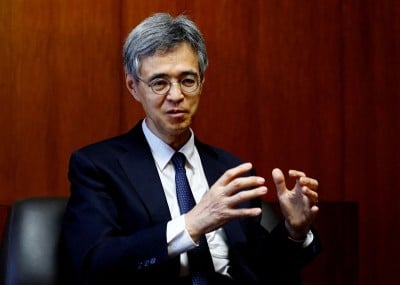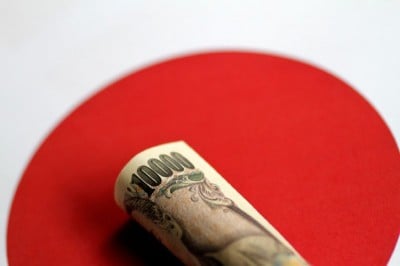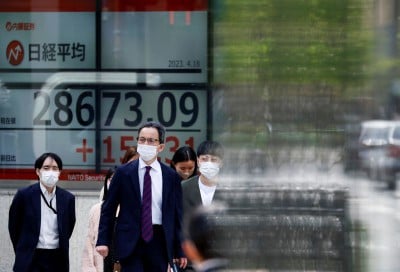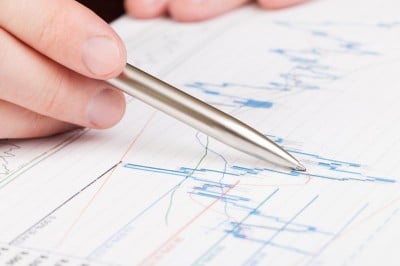
By Leika Kihara and Tetsushi Kajimoto
TOKYO (Reuters) -Bank of Japan Governor Kazuo Ueda said on Thursday he told Prime Minister Fumio Kishida the central bank will scrutinise the strength of domestic demand and next year's wage outlook in guiding monetary policy.
While the meeting was a regular exchange of views held about once every quarter, it comes at a time of heightening market expectations that the BOJ will soon embark on an exit from decades of ultra-low interest rates.
"I explained that the BOJ hopes to check whether wages will rise sustainably including next year, whether higher wages will push up service prices, and the strength of domestic demand," Ueda told reporters after the meeting with Kishida, when asked whether he spoke about the BOJ's exit strategy.
Prior to the meeting, Ueda told parliament the BOJ will face an "even more challenging" situation in the year-end and the start of next year, when asked by a lawmaker about the economy and monetary policy guidance.
He also said the central bank has several options on which interest rates to target once it pulls short-term borrowing costs out of negative territory.
"We could either keep the interest rate applied to reserves (financial institutions park with the central bank), or revert to a policy targeting the overnight call rate," Ueda said.
"There are various options. But we have not made a decision yet on which interest rate to target once we end our negative interest rate policy," he told parliament.
The remarks came in the wake of those by Deputy Governor Ryozo Himino on Wednesday elaborating on the potential impact an exit from ultra-loose monetary policy could have on the economy.
The BOJ currently applies a 0.1% charge on a small pool of reserves under its negative interest rate policy, which was put in place in 2016 to keep borrowing costs ultra-low.
With inflation exceeding the BOJ's 2% target for well over a year, many market players expect the bank to phase out its massive stimulus next year with some betting on a move in January.
"Whether we keep short-term rates at zero or move them to 0.1%, and at what speed we will push up rates to 0.25% or 0.50%, would depend on economic and financial conditions at the time," Ueda said on the rate path.
Japan's core consumer inflation hit 2.9% in October, staying above the BOJ's target for 19 straight months and heightening prospects that companies will keep hiking wages next year to compensate employees for rising living costs.
But Japan's economy shrank in July-September, snapping two straight quarters of expansion, on soft consumption and exports, complicating the BOJ's decision on when to pivot.
The central bank has stressed the need to maintain ultra-low interest rates until sustained, stable achievement of its 2% inflation target, accompanied by wage hikes, is in sight.
The BOJ next meets for a rate review on Dec. 18-19, followed by another meeting on Jan. 22-23 when it conducts a quarterly review of its growth and inflation forecasts.
BOJ chief meets premier Kishida, explains focus on wages, demand

